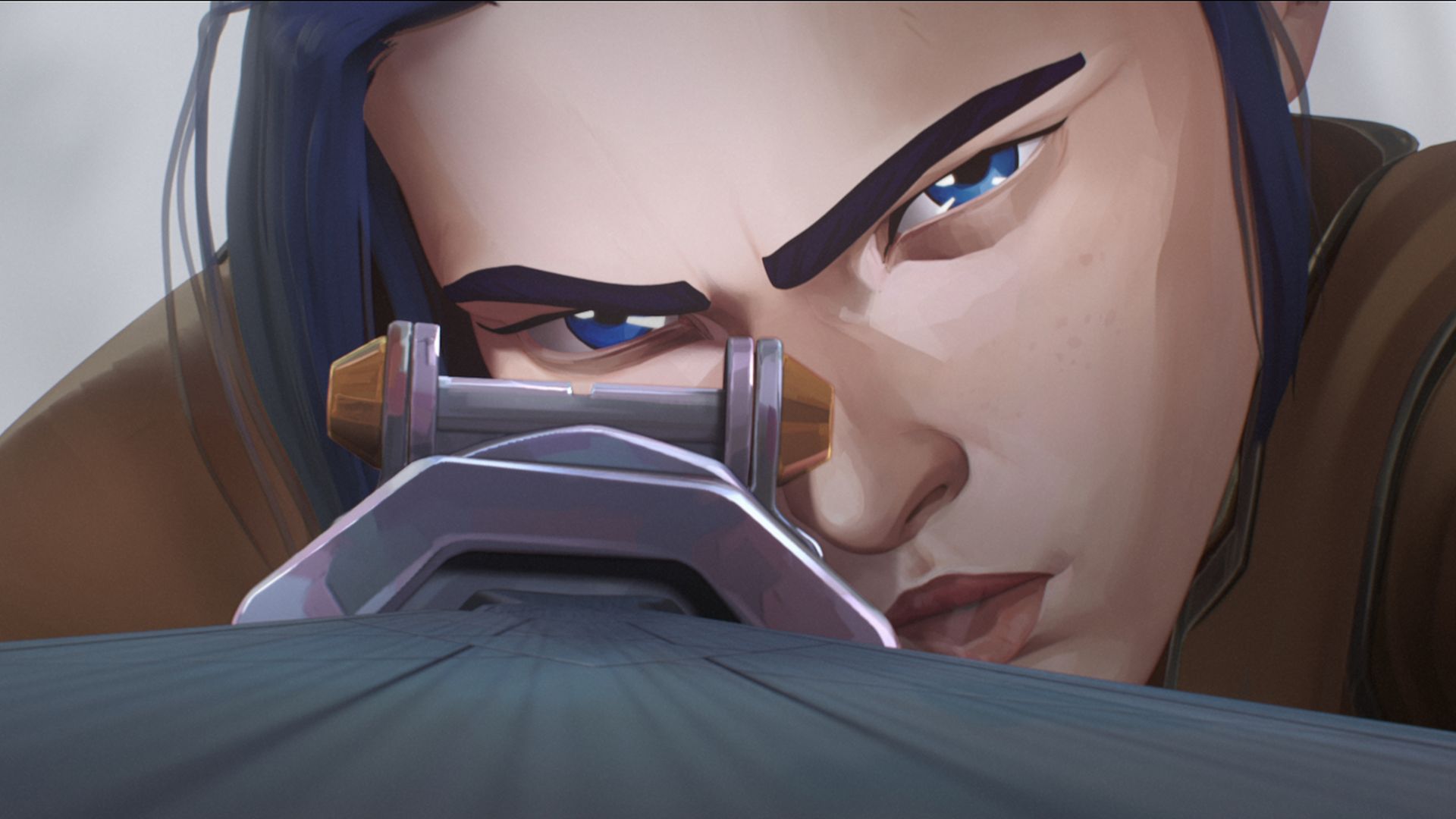
Tron: Catalyst is a Metroid-Hades Hybrid Soaked in Neon
For a small, independent studio, Bithell Games really doesn’t like to be pigeonholed. The studio began life as a one-man band and released its debut puzzler Thomas Was Alone to critical acclaim. In the 12 years since, the studio has grown and experimented, tackling genres like stealth, strategy, point-and-click adventure, and even visual novels. For its next project it’s going even bigger, and Tron: Catalyst is an action-adventure with a scope and ambition far greater than anything the studio has done before.
Of course, it’s not the first time the studio has worked on the Tron franchise and 2023’s Tron: Identity was a fresh spin on the movie series. Tron: Catalyst is set in the same world as Identity and features an all-new story, but it’s the action-focussed gameplay that piqued my interest the most when I recently sat through a 30-minute hands-off demo.
Playing as Exo, a courier who’s been swept up in a conspiracy and is now on the run, Catalyst reminded me a little of Hades. It has a similar 3D isometric viewpoint and the action flows thick and fast. Showcasing the combat was the aim of the demo and, equipped with the infamous Identity disc, Exo fought multiple enemies at the same time. Melee attacks – slamming the disc in the face of the nearest enemy – is the foundation on which combat is built, but the disc can be used as a ranged weapon too, throwing it like a frisbee to target distant enemies. Additionally, the disc can be ricocheted off surfaces and even other enemies, to string together combos, or it can be thrown past a target so it catches them on the rebound, pulling them nearer so you can finish them off with a close-up sucker punch. It’s fast and satisfying, and of course, it’s all drenched in neon so it feels very Tron.
“The goal is to hit all the Tron verbs, to enable players to do everything they would want to do in a Tron movie, and to do them in an interesting way,” explains creative director Mike Bithell. Of course, if you think of Tron you automatically think of its iconic Light Cycle, which is a core part of Catalyst. It is by far the fastest way to explore the city, at least at ground level, but it’s also useful in combat and side-swiping a bunch of enemies while doing a donut looks like a lot of fun.
That said, verticality is a key part of the city’s design so often you need to explore on foot. There are high rises to climb, buildings to infiltrate and roofs to parkour over, and there’s a fluidity to the way it all flows together. Exo is able to run and vault over obstacles seamlessly, and can even combo an attack if there’s an enemy on the other side of a wall. Indeed, Bithell says Tron: Catalyst has a deep upgrade tree and that both your combat and traversal skills can be buffed to improve your ability to fight and move quickly around the environment. “Some of the upgrades happen through story moments, plus you can also earn XP by collecting green data shards to upgrade too”, says Bithell. “There are also other layers to the upgrade tree I cannot talk about now, but the idea is to constantly give the player a constant stream of new stuff to play with.”
Even though Catalyst tells a separate story from Legacy, it’s mindful of everything that has come before and indeed is coming later
Interestingly, the Light Cycle cannot be upgraded because the studio wanted players to be able to use it to its full ability right from the start rather than having to wait, but the way you navigate around does change over time as shortcuts are unlocked.
These are revealed as part of bigger ‘glitches’ in the game, which are effectively gameplay loops you can use to your advantage. Although the exact nature of these loops isn’t clear right now, the demo reveals that they roll back time, meaning you’re able to revisit locations you’ve been to before, but with equipment you picked up later in the game. It’s a nod to Metroidvanias and I’m interested to see how big a part it plays in the finished game, especially because Bithell says the loops are used in different ways throughout and that there are puzzles that can only be solved by using the glitch.
One thing we are unlikely to see in Tron: Catalyst is boss fights, or at least not many of them. “There will be boss fights but it’s not a massive focus for the game”, admits Bithell. “The combat is really built around fighting multiple enemies at the same time; it’s about making each individual enemy interesting but also the intersection of different enemies together interesting too – how they work together and how the overlaps feel. There are multiple factions in the game so that plays into it too.”
We know nothing about the factions Bithell speaks of but one thing is for sure – Tron: Catalyst is a canon entry in the Tron universe and takes place after Legacy, but is set on a different Grid, one that has been left alone for decades. “I wanted to explore the idea of what would happen if you left those programs to their own devices, and what would happen if that grid starts to break apart and glitch”, explains Bithell. Even though Catalyst tells a separate story from Legacy, it’s mindful of everything that has come before and indeed is coming later, when the third movie, Tron: Ares, releases next year.
Working with Disney and the people behind the movies to ensure authenticity is something Bithell relishes highly. It’s something he first explored with John Wick Hex, which released five years ago, and is now something he actively looks forward to. “I absolutely love learning opportunities and getting the chance to work with the people who make the things I love,” he admits. “I’ve been able to talk and learn from them, so much so there are action scenes [in Tron] that I’ve put together after learning from the best stunt teams in the world. With Tron, I’ve been able to learn from artists, writers, designers, directors of previous Tron media… You can’t pay for an education like that.”
Alex Simmons is IGN’s Features Director.





